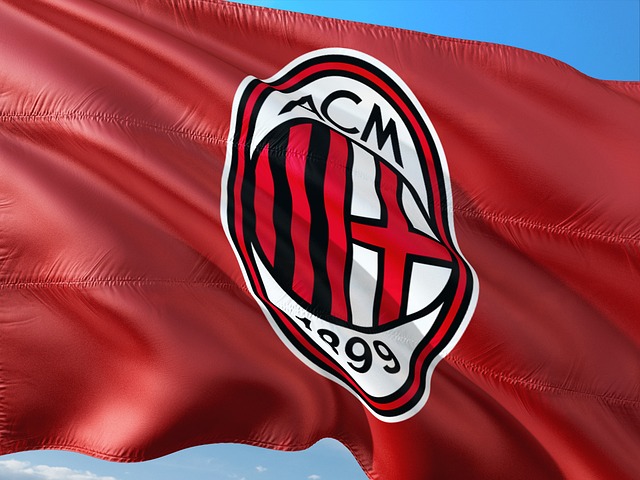The British government is ramping up pressure on Roman Abramovich, threatening legal action to unlock £2.5 billion from the sale of Chelsea FC—funds that have remained frozen since 2022 and are at the heart of a prolonged dispute over their intended use.
In a rare joint statement released Monday night, Chancellor Rachel Reeves and Foreign Secretary David Lammy said the UK was “fully prepared” to take the sanctioned Russian oligarch to court to ensure the money supports humanitarian aid in Ukraine.
“The government is determined to see the proceeds from the sale of Chelsea Football Club reach humanitarian causes in Ukraine, following Russia’s illegal full-scale invasion,” the statement read. “We are deeply frustrated that it has not been possible to reach agreement on this with Mr Abramovich so far.”
They added: “While the door for negotiations will remain open, we are fully prepared to pursue this through the courts if required, to ensure people suffering in Ukraine can benefit from these proceeds as soon as possible.”
The funds have been stuck in limbo since the Premier League club was sold to a U.S.-led consortium in May 2022. Although the UK granted a special licence to allow the sale following sanctions on Abramovich, releasing the money requires an additional licence from the Office for Financial Sanctions Implementation—a step that hinges on the establishment of a compliant charity, which has yet to materialise.
Initially, Abramovich pledged to use the proceeds “for the benefit of all victims of the war in Ukraine,” a group he defined as including Russians. But UK officials have insisted the funds be used strictly for humanitarian work inside Ukraine.
The ongoing stalemate has drawn criticism from lawmakers and legal analysts alike. A report from a House of Lords committee last year called it “incomprehensible” that the funds had not yet been disbursed. “This impasse reflects badly on both Mr Abramovich and the government, which ought to have pushed for a more binding commitment,” the report said.
Legal experts are questioning whether the government has any enforceable route to force Abramovich’s hand. “We're basically into the territory that we have with all these oligarchs, which is that you can't just take money off people because you don't like them,” said Tom Keatinge, director for financial security at the Royal United Services Institute (RUSI).
Despite the grandstanding, officials remain cautious about testing uncharted legal waters. The £2.5 billion in question is small compared to the estimated £24 billion in Russian assets frozen in the UK, and €200 billion held by the EU. So far, Western nations have only tapped into the interest generated by these assets to support Ukraine, avoiding outright seizures.
Belgium’s Prime Minister warned in March that seizing Russian-owned funds outright could be seen as “an act of war” and might destabilize the global financial system. Still, the UK government insists its position is firm.
Featured Image Credit: Pixabay / jorono, Pexels / gina bichsel
.png)



.jpg)
.jpg)
.jpg)




